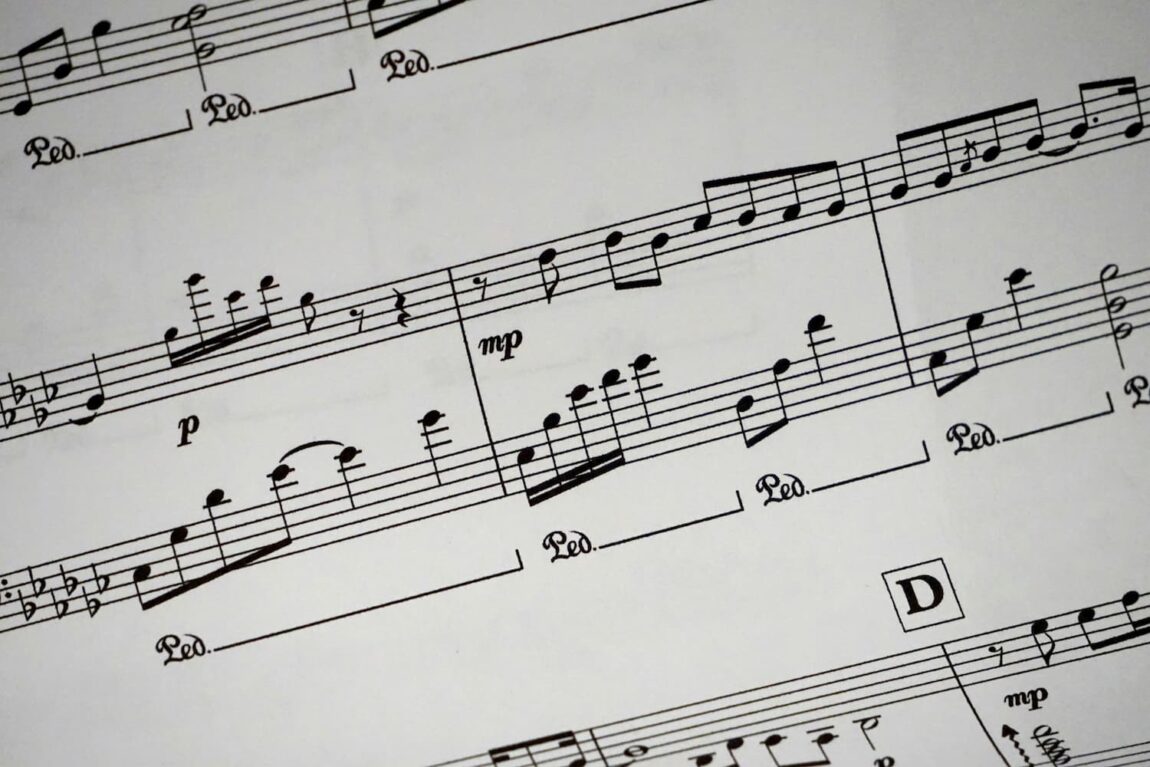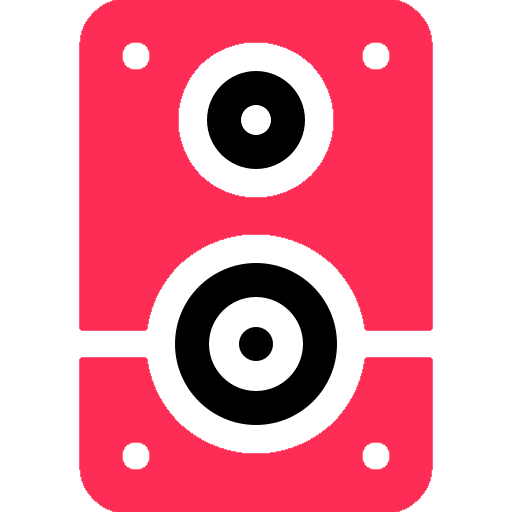Studying at a music university is often seen as a dream come true, but the reality is much more demanding than most people assume. The schedule is packed with rehearsals, performances, ensemble practices, private lessons, and music theory classes. Many students barely find time to sleep, let alone work on written assignments or in-depth academic research. Balancing creativity with deadlines becomes a real challenge, especially when theoretical courses demand the same level of academic rigor as traditional university programs. It’s no surprise that some students look for ways to delegate their written work—services like Hausarbeit schreiben lassen have become a practical solution for those overwhelmed by time constraints. This article explores the real reasons behind this trend and what it reveals about the life of today’s music students.
The Hidden Demands of a Music Degree
While outsiders often romanticize the life of a music student, imagining hours spent composing or enjoying piano sonatas, the truth is significantly different. A conservatory education is an intense combination of physical discipline, emotional expression, and intellectual effort.
Students in music programs typically face:
- Long practice hours (sometimes 6–8 hours per day)
- Multiple concurrent projects (solo recitals, chamber music, orchestral performances)
- Academic coursework (history, theory, analysis, and pedagogy)
- Public performances and competitions
- Teaching commitments (especially for graduate students)
These tasks demand not only time but energy, focus, and mental resilience. It’s a full-body, full-mind endeavor that often leaves little space for essays and academic writing.
Why Written Assignments Become a Burden
Although writing and analysis are vital components of music education—especially for subjects like musicology, harmony, and composition—students often feel unprepared or too exhausted to handle them effectively.
Here’s why written homework becomes problematic:
1. Mismatch Between Skills and Tasks
Many music students excel in performance and aural skills but struggle with academic writing. The transition from practical musicianship to theoretical exposition is not always intuitive.
2. Time Constraints
Daily practice schedules leave little room for reading, researching, and structuring a 10-page essay on Baroque counterpoint or 20th-century harmonic innovation.
3. Burnout
The constant pressure to perform—literally and figuratively—can lead to emotional fatigue. Writing a complex paper after a four-hour rehearsal often feels impossible.
4. Prioritization of Performance Over Academics
In many music programs, live performance is the primary focus. Written work may be viewed as secondary, even though it significantly impacts the final grade.
Common Assignments in Music Programs
Let’s take a look at the types of written assignments that are typically required in music schools:
- Research papers on music history or ethnomusicology
- Analytical essays on musical forms or compositions
- Harmonic and theoretical analysis
- Program notes for concerts or recitals
- Pedagogical reflections and teaching plans
- Theses or dissertations in graduate programs
Each of these assignments requires careful research, formal academic language, and often detailed music notation or score references.
Even a short paper might demand:
- Listening and transcribing pieces
- Reading multiple scholarly sources
- Comparing interpretations across time periods
- Developing a structured argument with evidence
This level of intellectual investment is hard to sustain when your mind is focused on an upcoming performance or exam.
Why Some Students Choose to Outsource
The decision to outsource academic work is not always made lightly. It often stems from a mix of desperation, pragmatism, and survival instincts.
Here are the main reasons music students turn to services like Hausarbeit schreiben lassen:
1. Time Management Crisis
They simply can’t meet the deadline without sacrificing essential practice time or sleep.
2. Language Barriers
International students studying in German-speaking countries often find academic German challenging, especially when required to write in a formal tone.
3. Fear of Failing
Some students don’t feel confident in their ability to meet academic standards and would rather delegate the work than risk a poor grade.
4. Desire to Focus on Core Strengths
They want to devote their energy to perfecting a concerto or preparing for a masterclass rather than writing about obscure theoretical concepts.
Is This Ethically Justifiable?
The question of ethics always arises when discussing academic outsourcing. On one hand, education is supposed to reflect the student’s own efforts and understanding. On the other, the modern academic environment often places unrealistic demands on students.
From a critical perspective:
- Yes, it’s problematic to submit work that isn’t one’s own.
- But it’s also problematic when institutions expect students to excel equally in unrelated disciplines without offering enough support.
Some argue that if students use such services responsibly—for example, as a writing guide, source of structure, or proofreading aid—then they are engaging in a form of academic coaching rather than outright cheating.
In any case, the rise of these services suggests a deeper problem: many students feel unsupported, overstretched, and alone in the system.
Academic Pressures in Conservatories vs. Traditional Universities
Unlike general university students who often have flexibility in course scheduling, music students follow tightly structured curricula. Many conservatories operate on the “master-apprentice” model, meaning that students must be available whenever their teacher is.
This rigidity makes it harder to:
- Plan ahead for deadlines
- Allocate focused writing time
- Develop consistent academic habits
In such a setting, even the most disciplined students may find themselves overwhelmed during peak performance seasons (e.g., exams, festivals, end-of-semester recitals).
How Institutions Could Provide Better Support
Rather than punishing students who fall behind on writing tasks, institutions could consider:
- Dedicated academic writing support centers within music departments
- Workshops on how to write music-specific essays
- Flexible deadlines for performance-heavy semesters
- Peer tutoring programs
- Balanced workload distribution between performance and academic modules
Encouraging students to engage with writing rather than fear it requires cultural and institutional change.

A Balanced Approach to Academic Help
Outsourcing doesn’t necessarily mean abandoning responsibility. It’s about finding tools and support when you’re overwhelmed and at risk of burnout.
Some practical, ethical ways students use academic services include:
- Getting help with structuring complex arguments
- Clarifying citation rules and formatting
- Receiving feedback on writing clarity and grammar
- Working with a mentor or ghostwriter for coaching purposes
In this sense, services like Hausarbeit schreiben lassen can act as a support system rather than a shortcut.
Testimonies from Real Students
“During my second year, I was preparing for three competitions, and I had to write a 15-page essay on Renaissance vocal polyphony. I knew the topic but had no energy. Getting writing support helped me pass the course without breaking down.”
— Anna, piano major
“German isn’t my first language, and writing academic texts is really tough for me. I used a writing service to edit and check my paper—it was still my work, but much more polished.”
— Marco, international student in vocal studies
“I tried to do everything myself at first. But by the end of the semester, I couldn’t keep up. Having someone help me organize my paper saved my grade.”
— Leonie, violinist
These stories show that the decision to seek help is often less about laziness and more about survival.
The Bigger Picture: Creative People, Academic Pressure
Creative disciplines demand a different kind of thinking. Music students often live in a world of sound, feeling, and physical expression—not paragraphs and citations.
Forcing these students into rigid academic frameworks without flexibility may not be the most effective way to evaluate their intelligence or contribution.
Perhaps it’s time for academic institutions to recognize:
- That creativity and academic writing require different skill sets
- That support should be customized for different types of learners
- That outsourcing is a symptom, not the disease
Conclusion: Understanding the Reality of Music Students
Music students are not avoiding responsibility—they are managing impossible workloads in high-pressure environments. Outsourcing academic work is not about cheating but about surviving an educational system that often forgets the human being behind the instrument.
Instead of judgment, we should offer solutions:
- More time
- More flexibility
- More support
Until then, many students will continue to turn to services like Hausarbeit schreiben lassen to find a balance between academic success and artistic growth.
And perhaps that’s not a failure of the student—but of the system that demands too much without giving enough in return.
